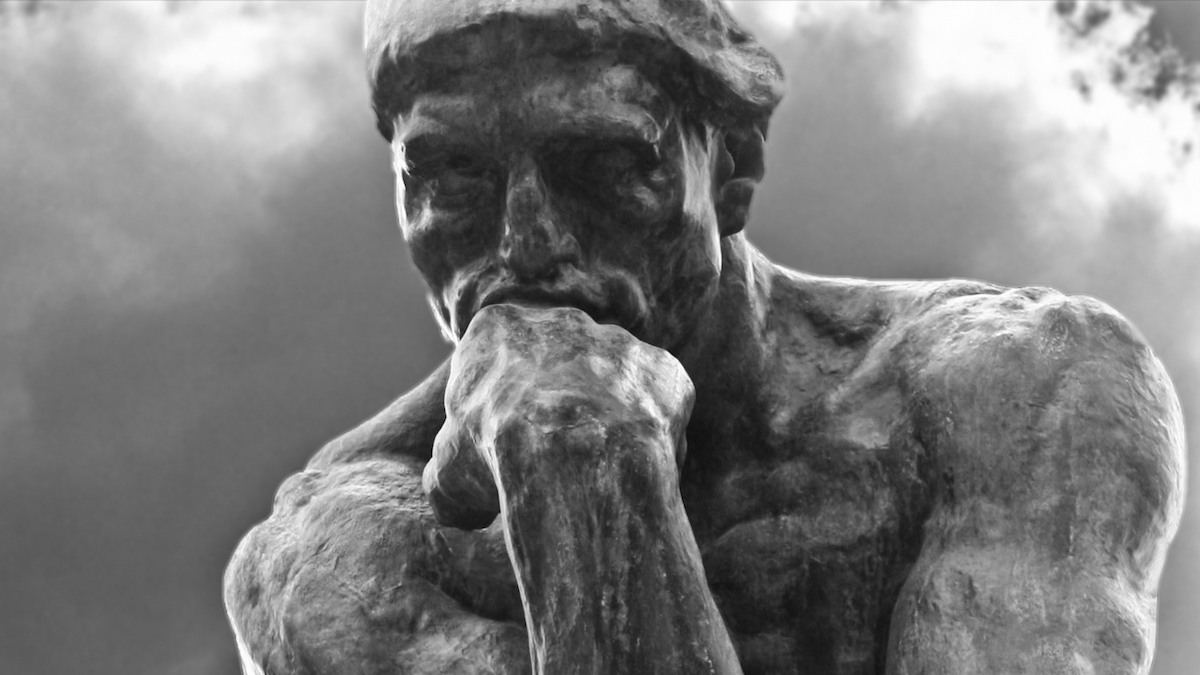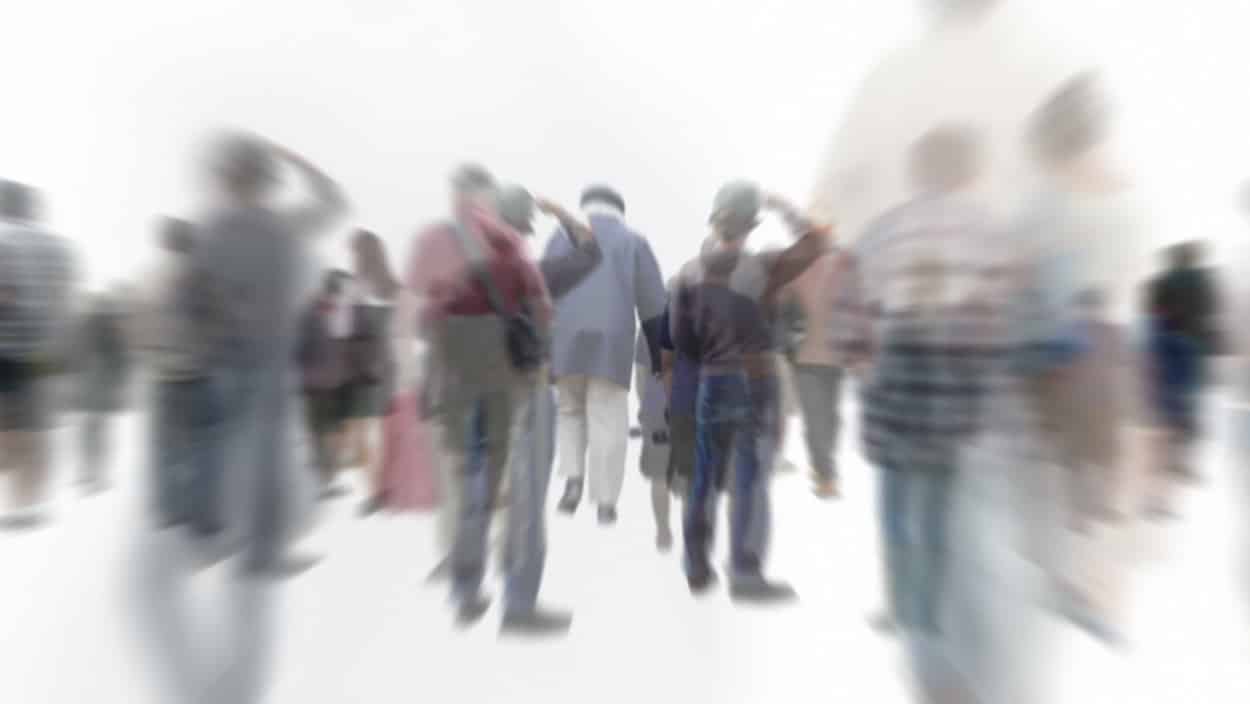People often assume that their actions will achieve what they intend and nothing else. But that assumption is dangerous. What is achieved may be what they wished, something completely different, or a little of each. For example, someone may express what she intends as a compliment but in fact offends the other person. Someone else may buy a car or a house expecting he can manage the payments only to learn that he can’t.
Such surprises can be unpleasant, especially when they occur in actions thought to be well-planned. Siddhartha Mukherjee offers some examples: ”Foreign animals introduced to control pests become pests in their own right; the raising of smokestacks, meant to alleviate urban pollution . . . [instead] exacerbates pollution; stimulating blood formation . . . to prevent heart attacks . . . results in an increased risk of blood clots to the heart.” Scottish poet Robert Burns summed up the problem this way (translation mine): “The best laid plans of mice and men often go awry.”
Is there a way to make sure our desired actions do more good than harm? There is no foolproof way, to be sure, but there is one that increases the odds dramatically, and it is quite simple. It is to reject the egotistical assumption that our good intentions guarantee favorable consequences, to consider all possible consequences of every action, especially worst-case ones, before we act; to decide whether the action we are considering is wise or foolish; and to decide accordingly. (Worst-case scenarios are the most difficult to entertain because they reveal possible errors in our thinking, a revelation our egos hate to acknowledge.)
To appreciate the importance of considering worst-case scenarios before acting, we need only consider notable actions that have had disastrous consequences. Here are just a few examples:
State legislators outlawing “firebreaks” in forest areas in order to protect the natural state of the forests. Unfortunately, the lack of firebreaks made forest fires more difficult to control and resulted in greater harm to the forests.
Government allowing immigrants to ignore legality and enter the country without permission in order to save them from oppression, poverty, or both. The intention was laudable, but the failure to consider the worst-case scenario—a chaotic condition at the border—caused that condition to develop and made control of the border difficult if not impossible.
The U.S. government supporting laboratory experiments to learn how viruses were transmitted between animal species and between animals and humans. The intention was to gain insights that would be helpful not only in controlling disease but preventing it. The assumption was that there was little or no risk that the experiments would cause actual transmission. The failure to consider the seriousness of that risk resulted in the world-wide pandemic of Covid19, the suffering and death of millions, and immeasurable financial and social disaster.
Authorities shutting down schools to protect students from Covid19. The intention to protect school children from contracting Covid was noble but shortsighted. The result was serious learning difficulties that thwarted millions of students’ progress.
Municipalities defunding police departments. The intention was to eliminate police mistreatment of minorities. The result, which would have been obvious if considered, was a dramatic increase in crime that harmed minorities most of all.
Communities allowing people to riot, burn buildings, and topple statues without punishment. The intention was to give people who had suffered from police brutality an outlet for their legitimate pent-up emotions and thereby restore their dignity. The result was not only loss of property and life, but an increase in negative emotions and anti-social behavior, and ultimately greater loss of self-control and dignity.
Legislators relaxing penalties for the commission of crimes by making penalties lighter for more serious crimes and eliminating them entirely for crimes considered “minor.” Also, releasing from prison individuals who had not yet completed the sentences they were serving. The consequences here were predictable: without penalties, the temptation to commit crime became more difficult to resist and recidivism was encouraged among the previously incarcerated. These consequences, in turn, made life considerably more dangerous for the law-abiding.
City officials increasing the dollar amount that constitutes a felony in shoplifting cases. The dollar amount chosen in some cities was $900 per occurrence. The intention was probably to allow people with less social status to feel better about themselves. The result was an all-but engraved invitation to shoplift that, for many, was too tempting to resist. The increased losses for business owners resulted in widespread closings of stores, making it more difficult for those in low-income neighborhoods to find employment and obtain the necessities of life, including food and medicine.
Educators allowing scantily-clad transgender individuals to give sexually suggestive performances to grade school audiences. The intention was to overcome puritanical attitudes toward sexuality that students may have learned from their families and thus save them from repression and lack of fulfillment in adulthood. This departure from traditional morality and common sense is so recent and radical that its consequences are not yet measurable, but it is reasonable to believe they include confusing children about harmful behavior and increasing their vulnerability to sexual predation.
Psychologists encouraging parents and educators to replace self-examination and criticism with self-esteem, a plea that was not only widely accepted, but led to a social movement. The assumption was that feeling bad about oneself is always harmful to the human psyche. The truth is that feeling self-esteem is appropriate when we have done something laudable but otherwise dangerous because it blocks self-examination and self-improvement and, in extreme cases, nurtures narcissism.
The last example I mentioned is in fact decades older than the others. What makes it most important that it is a causative factor in every one of them and therefore provides the most accurate answer to two perplexing questions: Why did the people who took all those actions fail to consider the possible harm they could do? And why have they continued supporting the actions after they have proven to be disastrous? The answer is not that those people are insane or demented or evil (though some may be so). It is that they were taught in childhood that whatever they say and do is wise and wonderful, and that they must never question their own actions. As a result, they would rather reject any evidence that they may be wrong, even if that rejection causes millions to suffer and civilization itself to crumble.
Copyright © 2022 by Vincent Ryan Ruggiero. All rights reserved







